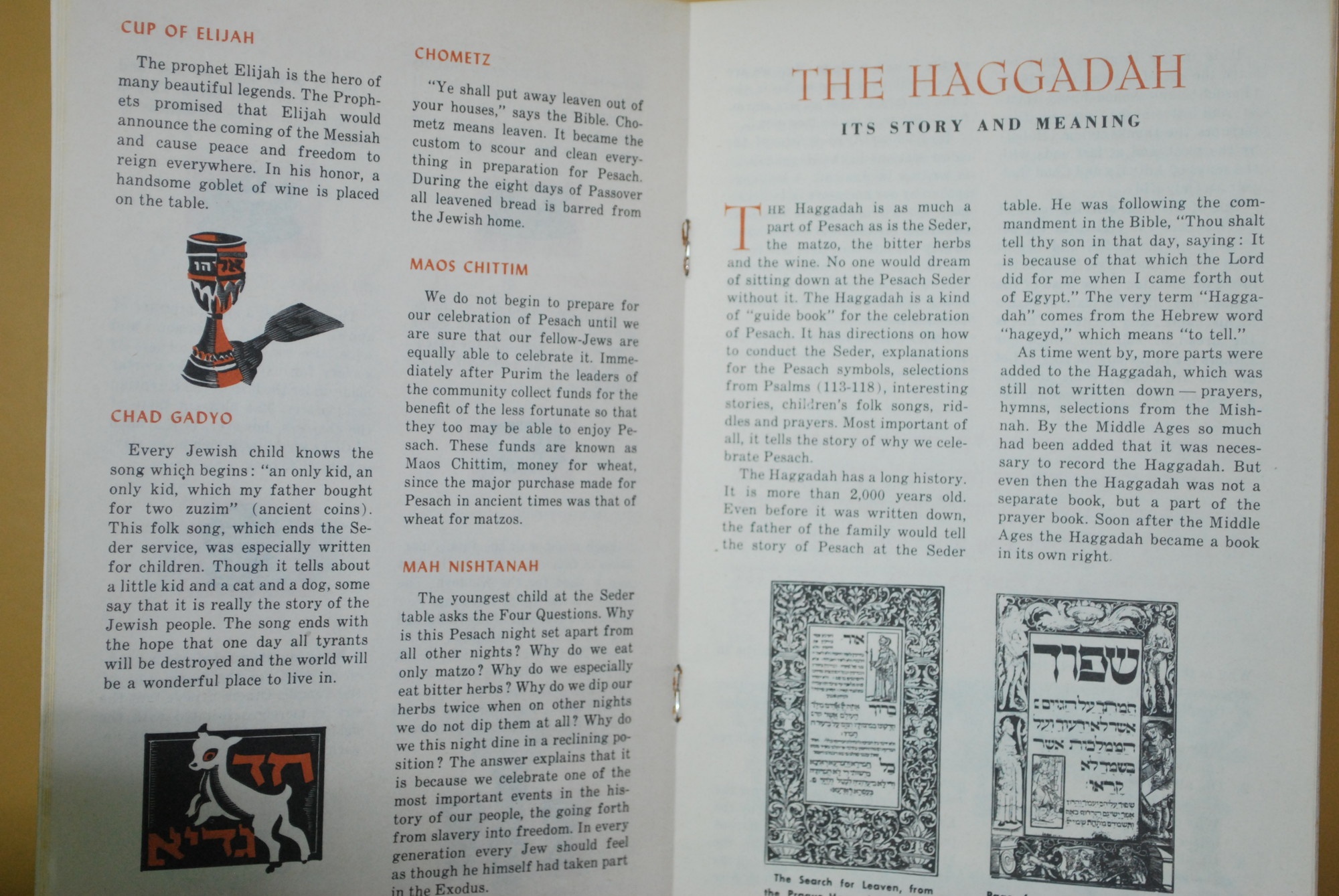Passover: celebrating life’s miracles
The eight-day holiday begins Friday night
Imagine being a slave. Not only you, but your father, your grandparents, and several generations back, spanning hundreds of years. You are forced to work all day building huge structures that celebrate your enslavers, to provide your own equipment and building materials and are subject to harsh beatings if you do meet daily quotas.
Then, a savior, Moses, representing God appears. Ten incredible miracles occur, the slaves are freed, the captors are killed, and their wealth becomes the slaves wealth.
While this story may seem like a fantasy to some, it occurred in Egypt more than 3,000 years ago. This miracle is commemorated every year during the holiday of Passover, which begins this year on the eve of April 3 and ends on April 11. But it isn’t just a one-time miracle that is being celebrated across the world this week.
Passover, Pesach in Hebrew, commemorates the exodus of the Jewish people from Egypt after being enslaved for several hundred years, as documented in the Bible. God performed 10 miracles for the Jews before the Egyptians and King Pharaoh finally agreed to release them from slavery.
Realizing they made a hasty decision to free the Jews, Pharaoh and his army gave chase, and the Jews had nowhere to run but into the Red Sea, which miraculously split for them, but drowned the Egyptians, along with their possessions, which the Jews took as spoils.
Following the Haggadah, 15 steps are performed on the first eve of the holiday to commemorate the exodus. Four cups of wine are drunk to correspond to the four stages of the exodus. There are four questions, usually asked by the youngest person at the Seder table, focusing on why this night different from all other nights.
Throughout the holiday, Jews eat matzo, unleavened bread, to remember the haste with which the Jews left Egypt, in addition to refraining from eating or possessing leavened foods, called chometz, throughout the duration of the holiday.
Like Hannah, the protagonist of “The Devil’s Arithmetic,” a historical novel written by Jane Yolen, I always wondered what the purpose of commemorating these ancient miracles is. What is the reason behind all of these rituals? Why abstain from bread for a week?
It is not only to remember what occurred more than 3,000 years ago; it is not only to celebrate a religious holiday and it is not just an excuse to eat matzo.
It’s a time to remember miracles big and small; it’s a time to remember the blessings God showers upon us and our loved ones every day and it’s a time to share time with our family and friends.

 39.0°,
Fair
39.0°,
Fair 




